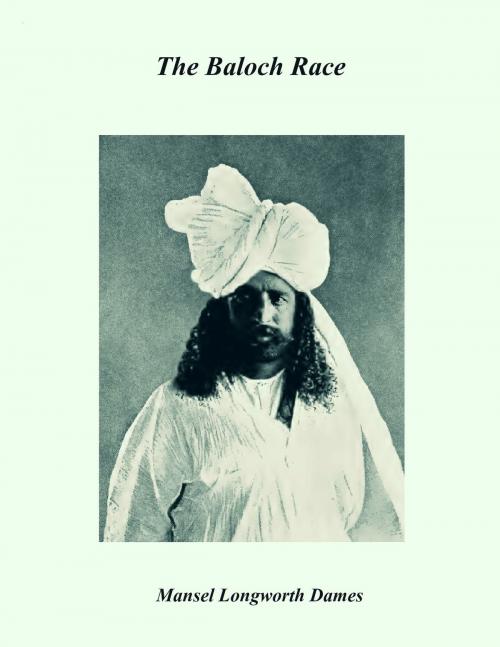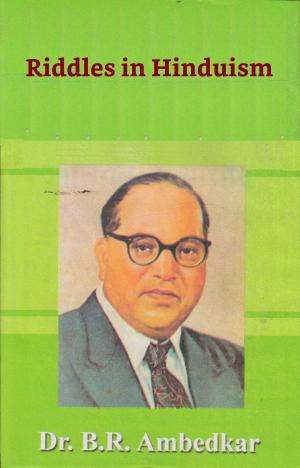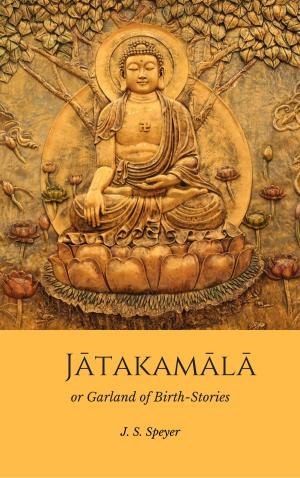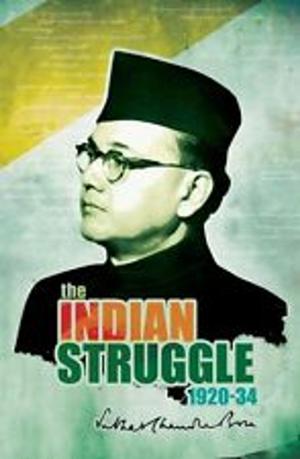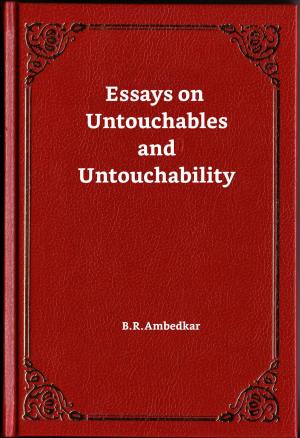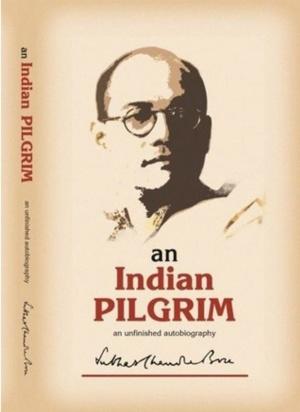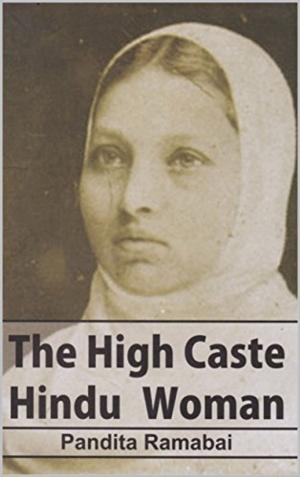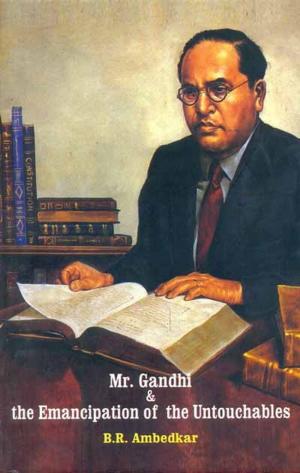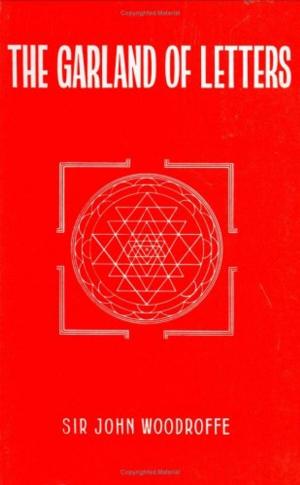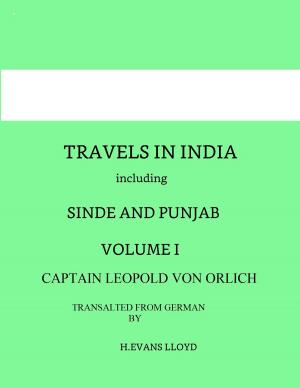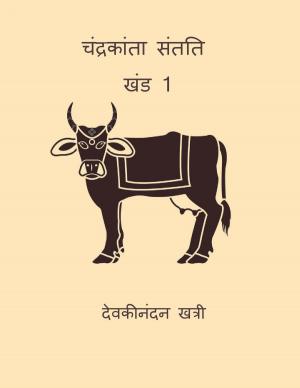| Author: | M. LONGWORTH DAMES | ISBN: | 1230002996431 |
| Publisher: | Kar Publishing | Publication: | December 18, 2018 |
| Imprint: | Language: | English |
| Author: | M. LONGWORTH DAMES |
| ISBN: | 1230002996431 |
| Publisher: | Kar Publishing |
| Publication: | December 18, 2018 |
| Imprint: | |
| Language: | English |
THE name Baloch is used in two distinct ways by travellers and historians. In the first place, it is employed as including all the races inhabiting the geographical area shown on our maps under the name of Balochistan; and in the second place, as denoting one especial race, known to themselves and their neighbours as the Baloch. It is in the latter signification that I employ the word. I take it as applying to the Baloch race proper, not as comprising Brahois, Numris and other tribes of Indian origin, nor any other races which may be found within the limits of the Khan of Kilat's territory, or the Province of British Balochistan. On the other hand, it does comprise the true Baloch tribes outside those limits, whether found in Persia on the west, or in Sindh and the Panjab on the east. In the native use of the word, apart from modern political boundaries, Balochistan includes Persian Balochistan, the Khanat of Kilat, and the British Districts of Dera Ghazi Khan (with the adjoining mountains), Jacobabad, and part of Shikarpur as far as the Indus. Applying the test of language, the true Baloches may be considered as those whose native language is (or was till recently) Balochi, and not Brahoi, Persian, Sindhl, Jatki, or Pashto. The spelling and pronunciation of the name have varied considerably, but the Baloches themselves only use one pronunciation — Baloch, with the short a in the first syllable and the o in the second. The tendency of Modern Persian to substitute 'u' for an older 'o' everywhere has had its effect in Western Balochistan, where the pronunciation Baluchis, I believe, heard. The sound 'o' is historically older, and is recognised in old Persian dictionaries. Other tribal names, such as Koch, Hot, Dodal, are also frequently given wrongly as Kuch, Hut, Dudai.
THE name Baloch is used in two distinct ways by travellers and historians. In the first place, it is employed as including all the races inhabiting the geographical area shown on our maps under the name of Balochistan; and in the second place, as denoting one especial race, known to themselves and their neighbours as the Baloch. It is in the latter signification that I employ the word. I take it as applying to the Baloch race proper, not as comprising Brahois, Numris and other tribes of Indian origin, nor any other races which may be found within the limits of the Khan of Kilat's territory, or the Province of British Balochistan. On the other hand, it does comprise the true Baloch tribes outside those limits, whether found in Persia on the west, or in Sindh and the Panjab on the east. In the native use of the word, apart from modern political boundaries, Balochistan includes Persian Balochistan, the Khanat of Kilat, and the British Districts of Dera Ghazi Khan (with the adjoining mountains), Jacobabad, and part of Shikarpur as far as the Indus. Applying the test of language, the true Baloches may be considered as those whose native language is (or was till recently) Balochi, and not Brahoi, Persian, Sindhl, Jatki, or Pashto. The spelling and pronunciation of the name have varied considerably, but the Baloches themselves only use one pronunciation — Baloch, with the short a in the first syllable and the o in the second. The tendency of Modern Persian to substitute 'u' for an older 'o' everywhere has had its effect in Western Balochistan, where the pronunciation Baluchis, I believe, heard. The sound 'o' is historically older, and is recognised in old Persian dictionaries. Other tribal names, such as Koch, Hot, Dodal, are also frequently given wrongly as Kuch, Hut, Dudai.
